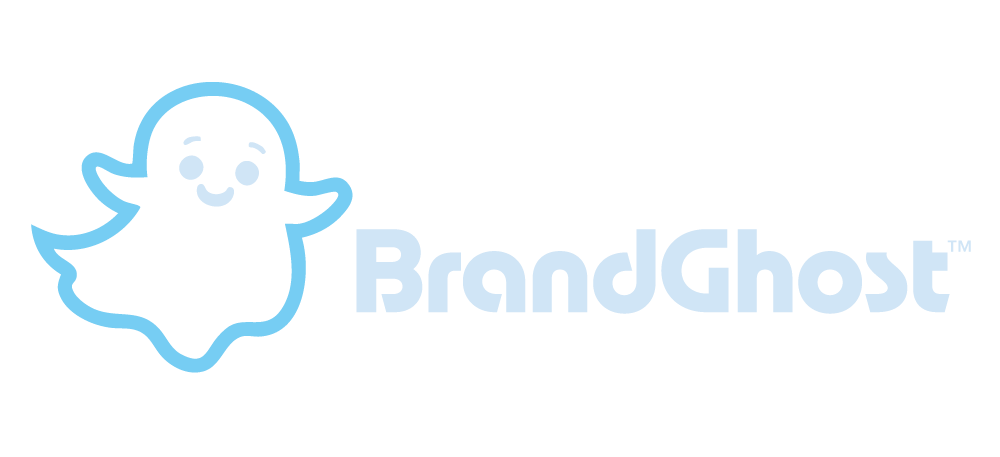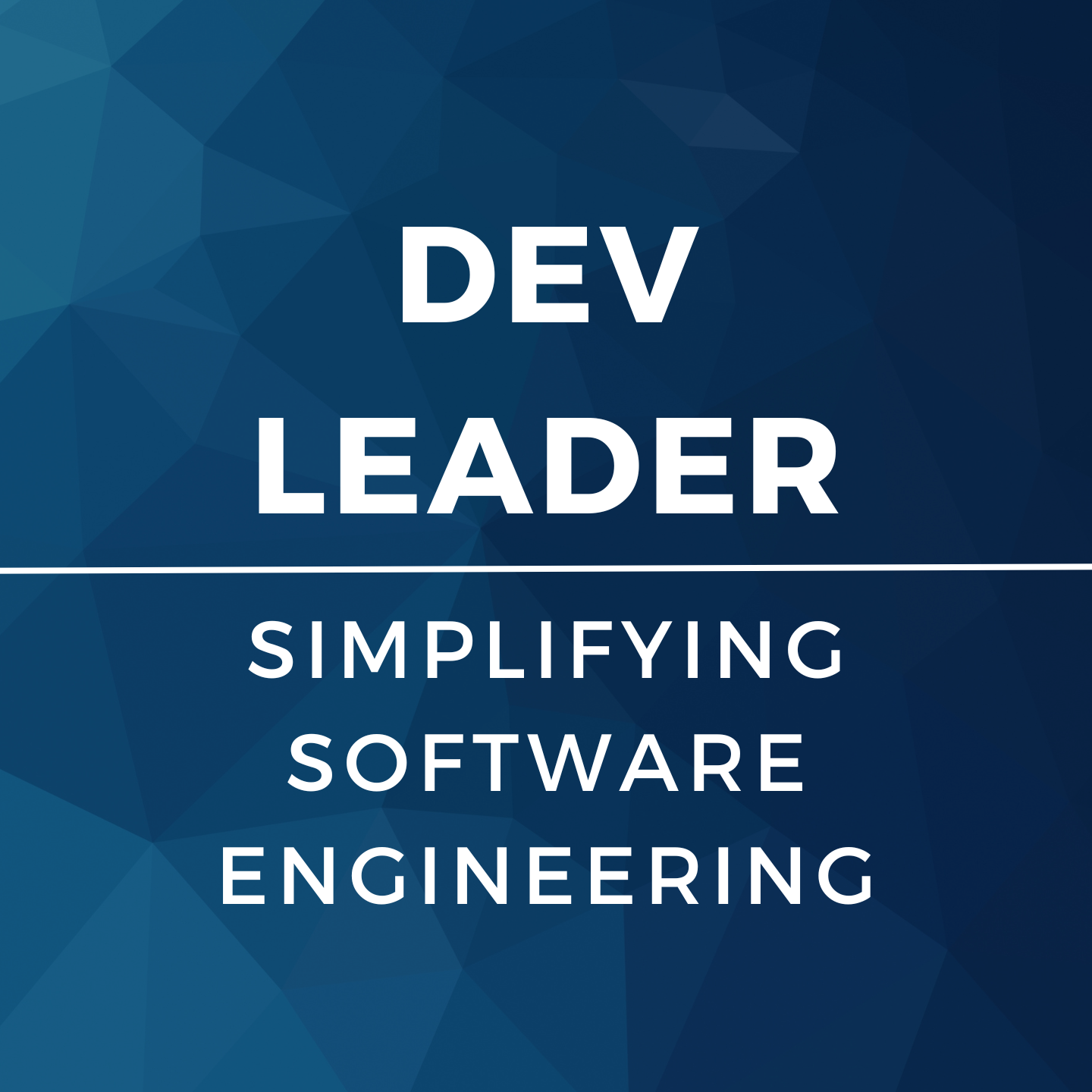Background
I'm a "middle manager" where I work, but that means a whole bunch of things. My everyday tasks primarily consist of programming, but I do a bunch of work to interface with other departments and teams, and I play a role in managing people on... well, the "people" side of things. For the latter part, I refer to that as people leadership.
I think it's pretty easy to look at some of the aspects of people leadership and dismiss them as "fluffy" or needless... I consider myself a logical/technical thinker, so I have that frame of mind sometimes. However, I do see the value in actually being able to support my team so that they can operate at the best of their abilities. I try to find ways to do that without it seeming to them like I'm doing "fluffy leadership things", and in turn, I don't feel that way about it either. With that in mind, I had previously set out with ways to accommodate team feedback in a way that works best for them.
One on Ones: The Early Days
I worked with my HR manager a couple of years back to establish a one on one template that I could use with the developers on my team. The goal was to be able to identify points of conversation since the last time we met, the individual's current situation (both positive and concerns), and then identify goals. Ideally, the individual is able to fill this out on the form in as much detail as necessary for us to be able to have a conversation about it later.
I didn't want this to seem like a chore for people so I've tried to identify why this is useful for the individual and for myself. For the individual, it gives them an avenue to discuss anything that's becoming a problem over the period of a few weeks (i.e. something not obvious all at once) or be able to identify successes in their work. It also allows them to reflect on their goals that they want to set in their career, current projects, or even things outside of work (because improving your abilities outside of work is a good thing too). For me, it provides better insight into the trend of problems people are experiencing, their contributions to their current projects, and even helps me see where people are at with their career goals. Both parties are able to benefit from these!
I've left it open in the past as to how people submit them. Written? Sure. Digital? Sure. Whatever is easiest for the individual provided I can get it a couple of days before we meet. I've also left it open ended as to how much of the form they fill in. Based on the trends, I think people see value in having more content but sometimes the goal setting is a bit of a grey area. People might be between setting different goals and want to wait to discuss those things. The best part is, I don't need to hassle the team to fill in more... They just do a great job of providing information for me!
One on Ones: Continuous Improvement
I'm all for continuous improvement in our development processes that we have as well as our management processes. With that said, we've made a few tweaks to the one on ones recently that I think have had a great positive impact.
- Digitized: I've got everyone on board with digitizing their one on ones. This is incredibly handy for being able to search for content later on (instead of sifting through paper), so I get a huge benefit from it. Each individual can probably benefit from this too if their ever looking for things we discussed. Archiving digital documents has so many benefits over the paper counterparts that it's hard to imagine going back to these mostly being paper-based. I can easily print off copies for the individual if they lose them (or if I lose them) and it makes life easier for me at year end. I can quickly scan over documents on my computer to get a good overview of a person's year right on my laptop.
- Nick's Notes: A little tweak to the one on one process is that with the digital copies, I can put in highlighted notes. This allows me to get down my feedback to the individuals before we meet. In the past, I requested documents a couple of days before we meet so I can try to action what I can ahead of time. However, adding my notes and getting it back to the individual before we meet let's them know things I want to dive deeper on. It gives them an opportunity to prepare their thoughts, and from what I've heard, this is really beneficial for them. The other positive thing is that it let's me provide them kudos on certain things that I don't necessarily need to spend a lot of time talking about them with one on one. It's improved the efficiency of our meetings, and I think it benefits both sides.
If you don't have a semi-structured system in place for your one on ones, I highly recommend it! Make it something you can at least get a feel for how successful they are. If you can gauge their effectiveness, then you can try to tweak the process over time to improve it! You'll benefit from the information, and your team will benefit from you providing support for them.

